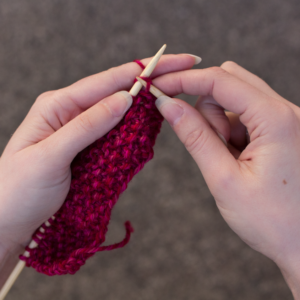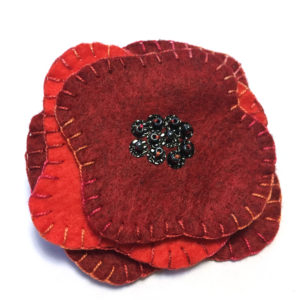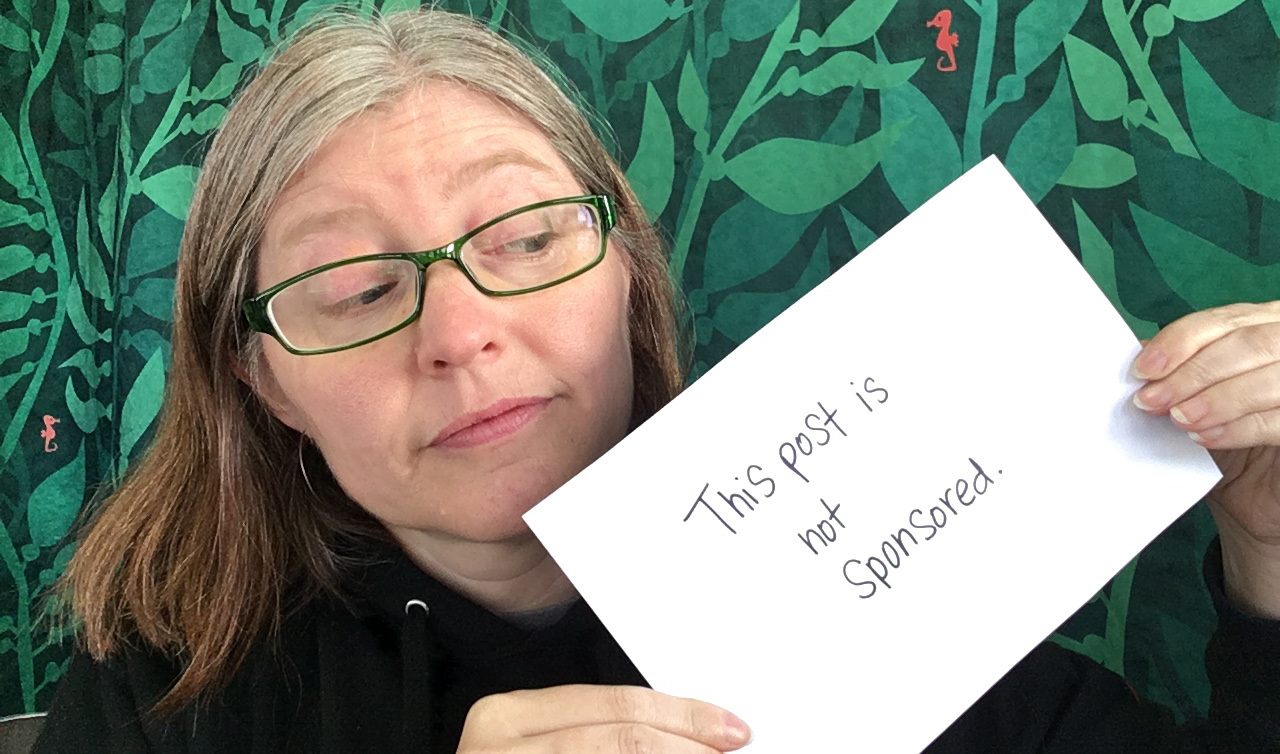I got an email a few days ago asking me a question about a Spoonflower fabric. I get questions like this on a semi-regular basis with someone wanting a recommendation for a project they are working on. I am happy to chime in with my experience; I’ve used most of the fabrics for one project or another. My site is covered with Spoonflower fabric in use. But as I was writing the email answer, I thought to myself, “didn’t I already write a blog post that answered this?” It felt like deja vu. I checked and it turns out I hadn’t, but my first instinct was to just look up that post and send the person a link to it. After all, if I wrote up a post it’s probably more in depth, more detailed, more thoughtful than what I would answer writing you an email in response.
But, I was talking with another colleague and apparently there is a kerfluffle in the craft/knitting/sewing online community because a teacher responded to a question just like I was going to do: “here’s a link to a video on my website where I answer that question.” Only the problem is that the person asking didn’t like that response and accused the teacher of just being self-promotional. Apparently a personal email in response to a question would have been fine, but a link to a video answering the same question wasn’t. Wow.
This made me think about an Instagram account that I unfollowed just a couple of days ago. The person was demonstrating some kind of a tool in a video post. It was something about quilting, which isn’t really my thing, so I didn’t pay a lot of attention to the post. But there were lots of comments asking about a tool that they used. It was the follow up video to that which really caught my attention. In that follow up post, the IG Influencer basically went on a rant about how they weren’t going to answer the questions about the tool and they weren’t going to provide a link so everyone should just stop asking. The reason? They stated they get paid for doing promotional posts and this tool creator didn’t pay them to do a post and they don’t work for free. I found that so distasteful that I unfollowed right then.

So don’t get me wrong, I believe people should be paid for their work. This especially goes for artists and makers. But the Influencer culture has started to creep into what I do; that idea of being paid to make recommendations for things.
I teach about things which require some technology. It’s not like knitting where I can grab any set of needles made by anyone (or even some chopsticks) and show you how to do a cast on. I have to pick an app or a software and show you how to use it in order for you to learn how to make a repeating pattern or extract a HEX code. I can’t know every app on the planet, so I am going to pick one I know and I like working with it. I can teach you a class on how to sell your work online in big general ideas, but the class people really want is the one about how you understand advertising in Etsy; a very specific thing that they need help with. I can’t teach you anything about that without talking about Etsy. And in some ways that can start to feel a little bit like an infomercial.
So here’s where it starts to get sticky: when is a recommendation really a recommendation?
It’s hard to tell anymore.

I taught two classes recently. One was a technology related class where I showed a bunch of different kinds of apps and software. I talked about how I know some of the app developers because I have been a beta tester for them for a lot of years. Why do I volunteer to be a tester? Because I like the tool and how it works and I’m married to a guy who writes software for a living. We know lots of people who write software and apps. I like to help make this app better because I use it all the time and I know how important those beta users are. But I got some feedback after the class that it felt like I was promoting my friend’s stuff. In the another class, it was more hands-on and everyone got a packet of materials for the project. I let everyone know the specifics about where I got those materials and what they were working with. I always buy materials for classes from small businesses if I can possibly do it. That means I’m not buying in bulk from a big box craft store, but I’m getting everything from Etsy shops (or locally). And I know some of those sellers a little bit because I order from them often. And I order from them often because I think their shops are awesome and carry quality stuff which gets to me fast, which I can’t always say about those big box stores. I love being able to use my business and art practice to help support other artists. That’s really important to me.
 But then I started to second guess myself. Would people think I was only recommending these shops/apps because I get a discount or a kickback? (Spoiler: I don’t.) Another teaching colleague mentioned a Facebook group that she belongs to that only allows you to post a recommendation for something if you don’t know the person you are recommending. So you can’t recommend your own video that answers a question and you can’t recommend one by someone you know. What’s left? Recommending something you randomly found on Google? That doesn’t seem super helpful. (And why do I want to spend my time Googling answers for someone else? Sheesh!)
But then I started to second guess myself. Would people think I was only recommending these shops/apps because I get a discount or a kickback? (Spoiler: I don’t.) Another teaching colleague mentioned a Facebook group that she belongs to that only allows you to post a recommendation for something if you don’t know the person you are recommending. So you can’t recommend your own video that answers a question and you can’t recommend one by someone you know. What’s left? Recommending something you randomly found on Google? That doesn’t seem super helpful. (And why do I want to spend my time Googling answers for someone else? Sheesh!)
So I thought about it. And I talked to some colleagues. And I decided that the person who thought I was a little too infomercial-like had a point. Because how would anyone know that I’m not a paid Influencer if I don’t say so? So many things we see online are so artificial. You can Photoshop anyone into any scene; you can mock up 100 different virtual products with your design on them; you can add virtual eye makeup to your Instagram videos. We all should look at things with a healthy dose of skepticism, right?
It made me think about the language I use when I talk about the things that I love and how important it is to be transparent. I need to talk about why I choose to use the tools I use when I am teaching about them if I want people to understand that I am not just showing you this because I get a little kickback when you click it. There is absolutely nothing wrong with being an Influencer and having your business rely on affiliate links and ad income, but it’s not what I do. And I realized that it was important to me to say that.
So I decided to write this post and say that I don’t use affiliate links or ads or cookies and I added that to the blog footer. I don’t get any discounts, kickbacks, credits, promos, royalties, freebies, or commissions for any of the services or apps I teach about or recommend. I teach about Spoonflower and Etsy (and lots of other things) because I like what they do and I have a lot of experience with those platforms that I like to share with others. I am a teacher; that’s what I do. I absolutely recommend shops and apps and things made by people I know because that’s probably why I know them. I had a great experience and came back. I believe in community, whether it’s a tiny online community or a big real-life one. It’s why I’ve served on Boards of Directors and grant evaluation panels and why I participate in pilot programs and beta tests because it’s important that someone does that work to help make the community thrive.



Thanks for the description of how this works. I appreciate how you do business and that the things you show and talk about are things you really like and not part of a promotion. That recommendation is really valuable. I do not mind if you post on every blog that you are not sponsored. It keeps things honest.